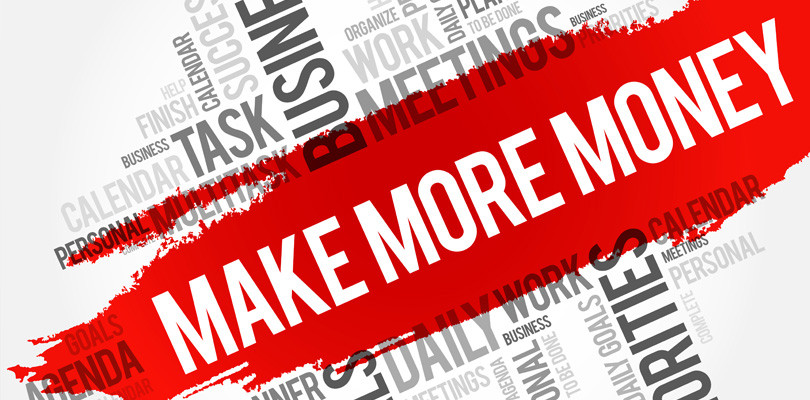Many of us spend more money than we earn. With finance and credit readily available, it’s easy to do because we can have everything we want now without considering whether we can afford it.
It starts with small amounts which add up quickly and, before you know it, you’re in a negative cash flow situation because you are paying off things you have bought on credit. If you want to avoid this endless cycle, you need to stop spending more than you earn.
Cash flow basics
To get ahead, consider this: WEALTH = WHAT YOU EARN – WHAT YOU SPEND
This tells us two things:
- If you spend more than you earn, you are losing wealth — you have a negative cash flow.
- If you spend less than you earn, you are accumulating wealth — you have a positive cash flow.
The greater the gap between earning and spending, the faster you lose or accumulate wealth. There are only three things you can do to increase your cash flow: spend less or earn more or both! It’s really that simple. Everything else — e.g. saving ten percent of what you earn, building a nest egg and/or emergency fund etc — supports this basic principle.
How to improve your cash flow
Most people can improve their cash flow right now with minimal effort simply by spending less. If you’re looking to make a change, practice frugality: buy used instead of new items, make the things you own last longer by repairing them instead of discarding them and recycle worn out goods. Shop around for cheaper options on the things you buy on a regular basis.
It’s useful to change your mindset to focus on needs, not wants. Many of the things that we’ve come to view as necessities are actually luxuries – e.g. you don’t need 180 cable channels or a Netflix subscription. It’s possible to live without them.
Recurring payments associated with long-term contracts and instalment plans often contribute heavily to negative cash flow. If you truly need to make a major purchase, save the money to pay in full. Don’t buy things you cannot afford.
Unless you can decrease your spending, then you’ll need to find ways to increase your earning. If your current job doesn’t pay well, try making a case for a promotion or a pay rise. Also, can you find ways to make money from your hobbies or sell things you no longer want or need?
A budget is an important tool that enables you to track every cent you spend so that you know where savings can be made, allowing you to take control of your finances.
At first you might have just a little extra cash each month, but you will soon see a big improvement in your financial situation.
Let us help you significantly improve your personal finances – call us today on 9204 3733.








